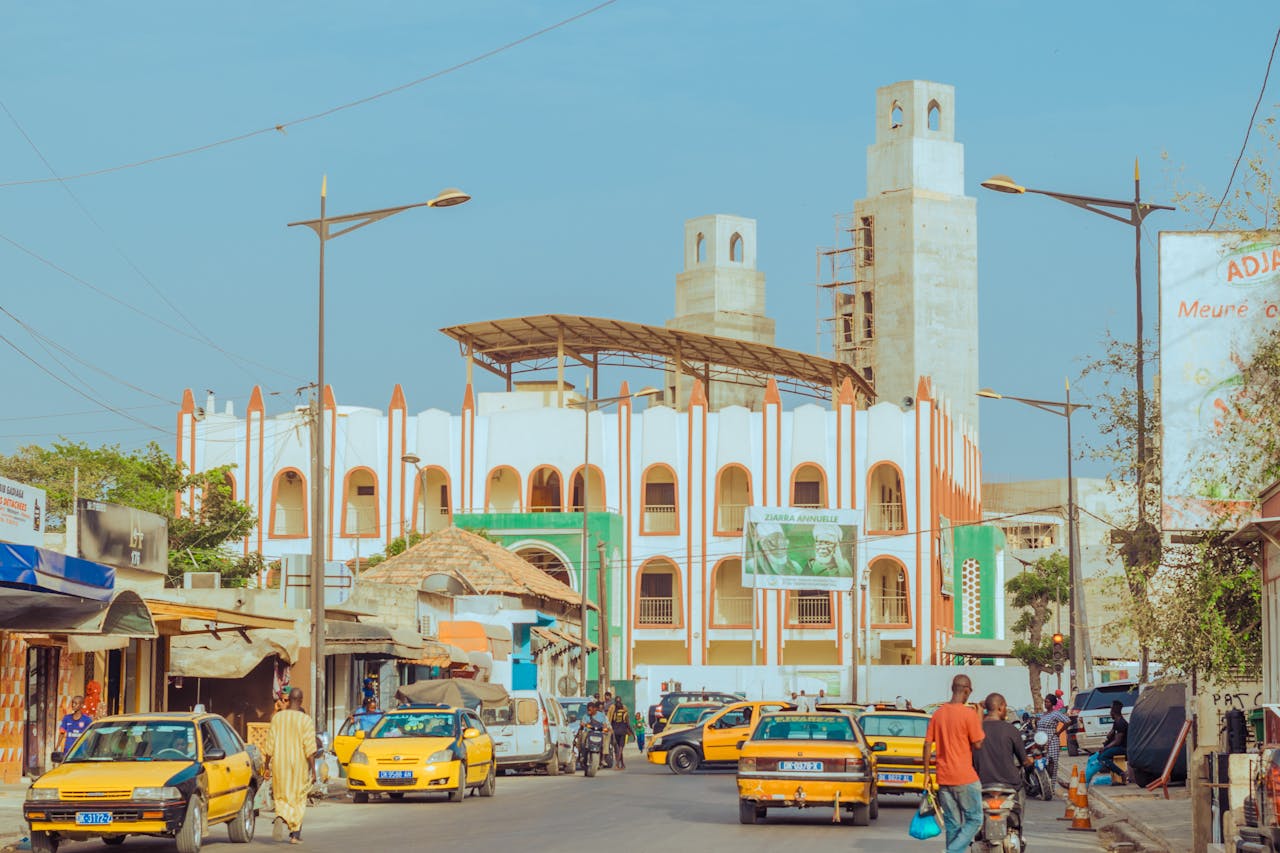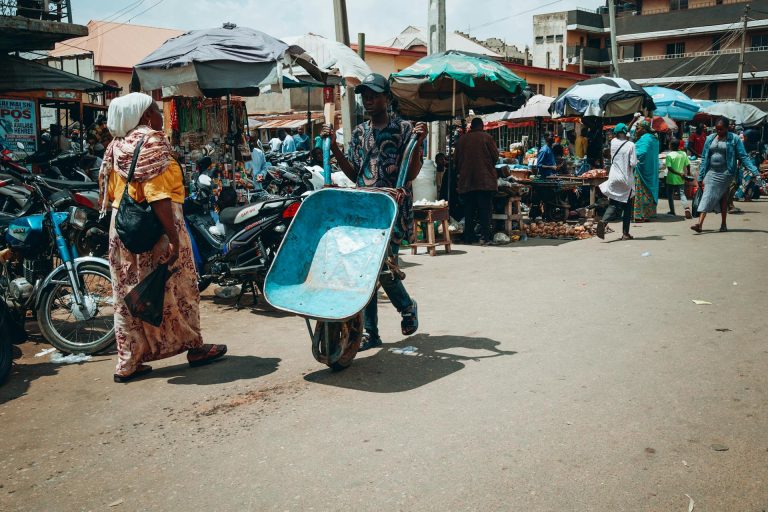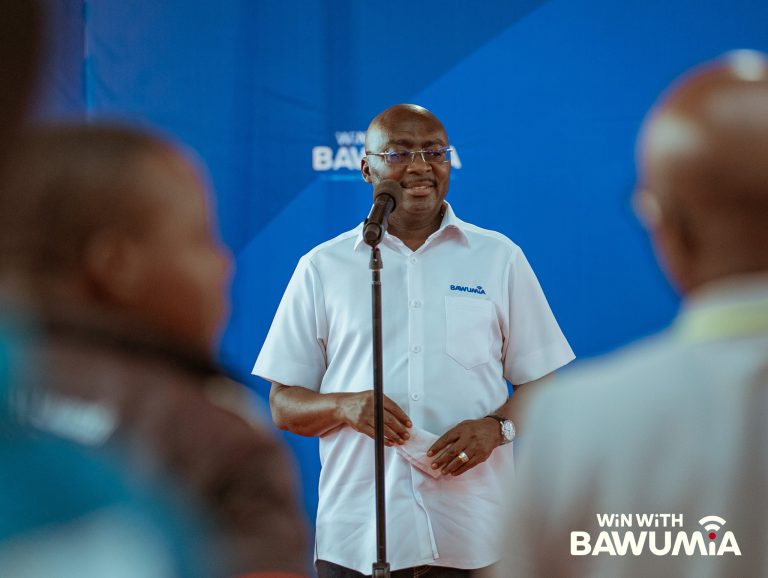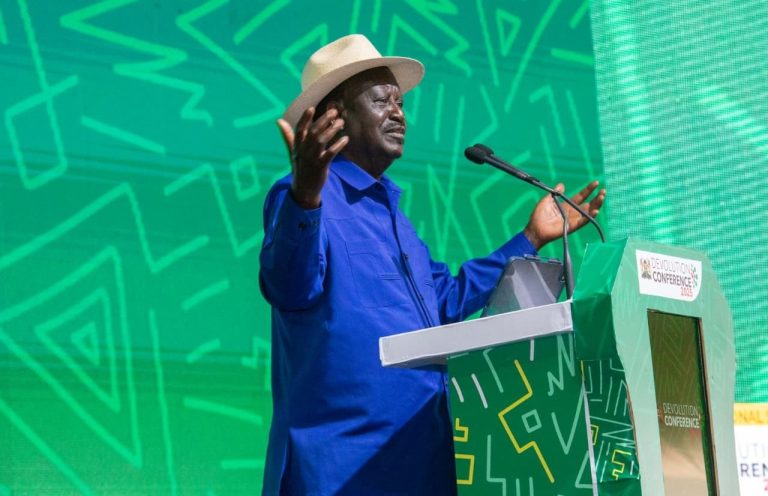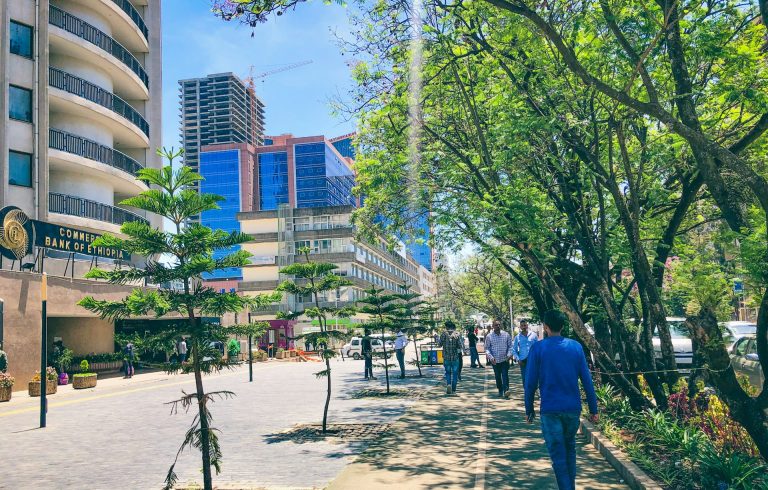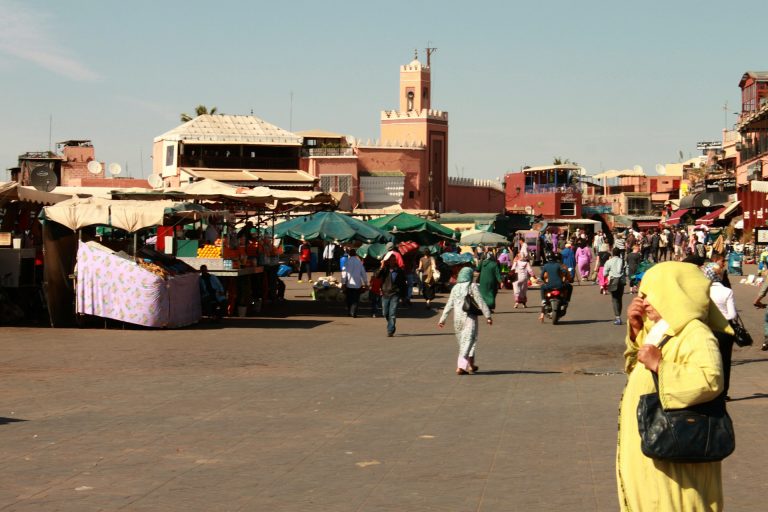- Dakar appeals to citizens abroad after IMF freezes support
- Bonds debut this week with coupons up to 6.95%
DAKAR, SENEGAL – Senegal is turning to its diaspora to close a financing gap after revelations of hidden debt sent borrowing costs soaring and forced the IMF to freeze support.
Prime Minister Ousmane Sonko announced in Milan on Sept. 14 the launch of new Diaspora Bonds, appealing directly to Senegalese abroad to invest in what he called “patriotic securities.”
The bonds, due to debut Sept. 18, will carry maturities of three to 10 years with coupons of 6.4% to 6.95%. Dakar aims to raise as much as 1.8 trillion CFA francs ($3.2 billion) through successive sales — nearly a third of the first phase of its $9.2 billion Economic and Social Recovery Plan.
“Citizens abroad will have a direct stake in rebuilding the economy,” Sonko told a packed rally in Milan, home to one of Europe’s largest Senegalese communities.
Debt burden and market pressure
Senegal’s finances have come under intense strain after auditors and S&P Global Ratings revealed up to $13 billion in hidden liabilities. The disclosures pushed public debt to an estimated 119% of gross domestic product, forced the IMF to halt disbursements and triggered sovereign downgrades that cut off affordable access to international markets.
The pressure is evident at home too. Dakar has already raised nearly 2.5 trillion CFA francs on the West African Economic and Monetary Union’s bond market this year – more than double the 2023 total. But recent one-year issues cleared only at sharply higher yields, underscoring investor concerns over repayment capacity and elevated risk.
Betting on loyalty abroad
Officials are banking on the loyalty of a diaspora that has remitted $41.6 billion since 2000, according to the World Bank. To attract buyers, the government is offering incentives such as streamlined passport services, repatriation insurance, housing schemes and an 800 million CFA franc support fund. President Bassirou Diomaye Faye has also decreed Dec. 17 a national day for the diaspora.
Analysts warn the target may be overly ambitious. Nigeria managed just $300 million in its 2017 diaspora bond, while Ethiopia’s attempts faltered amid governance and currency woes. “Success for Senegal depends on whether expatriates view the securities as financially sound and credible for national recovery,” one economist said.
The first issuance this week will provide an early gauge of sentiment. Strong demand could set a precedent for other African nations seeking alternatives to costly Eurobonds. Weak uptake would leave Dakar reliant on high-interest borrowing at home and abroad, deepening fiscal vulnerabilities at a critical moment.
